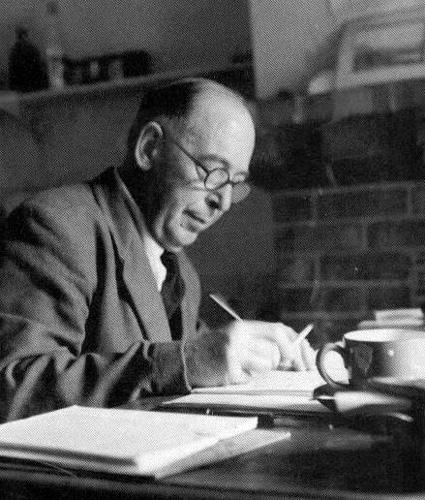Sunday Dispatch.820
"LIKE A PATIENT & LOVING FATHER..."
I'll be brief. (It is possible)
These are "hymns." At least the way i hear them.
These "hymns" have been something like inventories, pep-talks & wrestle-lings on the way. They have been written in moments of elation & despair.
There's a lot of "worship songs" out there these days.
To my ears, a lot of it sounds like the strumm-y-acoustic-hippie-drug rock of the 70's replete with insipid lyrics of a repetitive mantra-like quality OR it sounds like 3 chords & a ripped off U-2 out-take.
I was raised on many an old Presbyterian or Lutheran hymn book. I figure that if "they" got it right the first time with their penchant for tuneful melodies & time-tested lyrics pounded off an old upright, then I wasn't going to better that.
I had something else to attend to. And so, here's what i want to say:
i learned early on that i had only one thing to bring to God. And that was my blindness, my shallowness, my emptiness & my sin.
That's still the case.
Sometimes a guitar and a song have been the only way i could "pray" to God. And as I said, these songs are some of my inventories, pep-talks and wrest-lings on the way.
Because the Good news of a Crucified & Resurrected Savior and the whole-ness He promises ONLY make sense when you know what the "bad news" is first. It's not pretty. And it's part of who you are.
"He maketh all things new."
Yes. He does get the last word...and I'm more convinced than ever that it's a good one.
But. I wrote these because, like a patient listener & loving Father, He waits to hear our words first...
~ bill mallonee
Passages from the liner notes of Hymns to the New Idolatry.
https://billmalloneemusic.bandcamp.com/music





